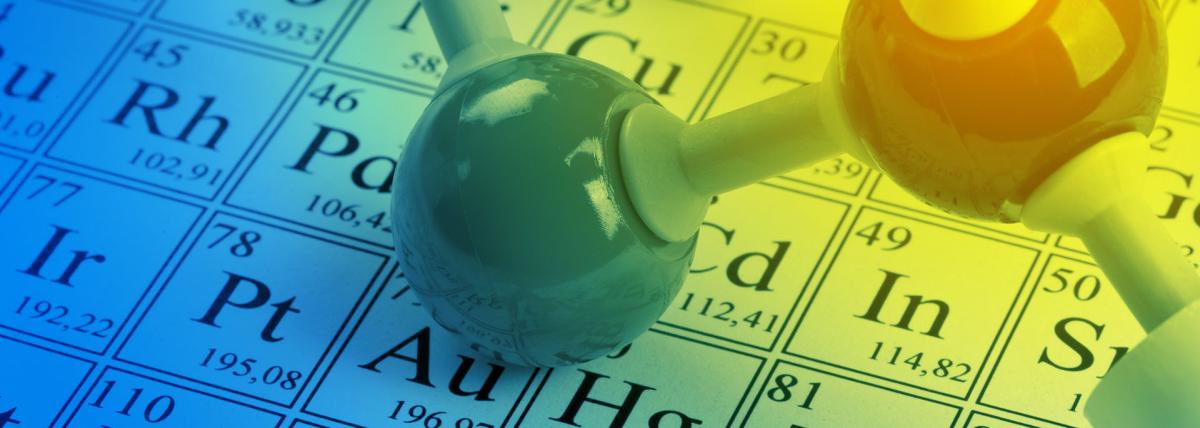Grades:
5th Grade
This real-world lesson allows students to understand the impact of an oil spill on animals in the wild. Students experiment with ways to clean oiled animals. There is a literacy integration, hands-on
Grades:
6th Grade, 7th Grade, 8th Grade
Environmental Masters of Disaster Team (groups of 3-5 students) will choose an man-made environmental disaster, analyze its effects, then engineer a method or prototype to solve the problem.
Grades:
5th Grade
Students will begin to construct their containers for their eggs. Students will work together to build their egg protector container using the materials they brought in and that were provided for them
Grades:
6th Grade, 7th Grade
Students will learn basic concepts of physics, including velocity, motion, and vector. S tudents will develop and use a model to predict how forces act on objects at a distance. Finally students will
Grades:
5th Grade
This engaging lesson places an emphasis on how oil adversely affects the environment and animal habitats. Students complete a hands-on activity to replicate an oil spill and then develop a
Grades:
5th Grade
In this lesson students will explain all three of Newton’s laws of motions. Students will collaborate and communicate effectively with their peers to complete an engineering design challenge to design
Grades:
5th Grade
In this hands-on lesson, students will work together to build a system where energy is transferred between objects for as long as possible (i.e. Newton’s Cradle). Students continue the work that began
Grades:
5th Grade
For this 90 minute lesson students are going to watch an introductory video about how we inherit features and then they will do research on a website. In the project they will fill out a survey
Grades:
6th Grade, 7th Grade, 8th Grade
In this lesson, students will show how heat transfers into an egg during the hard-boiling process, and additionally, different methods of how heat can transfer out of an egg during the cooling process
Grades:
5th Grade
Students will use multiple modes of learning to learn about how force is affected by mass changes. The book Newton and Me will be read aloud and used for a discussion. Finally students will construct
Grades:
5th Grade
This is the first lesson for the 5th grade life science unit involving environmental factors and organisms. The materials needed are two articles, highlighters, and either a laptop or tablet to
Grades:
6th Grade, 7th Grade, 8th Grade
In this engaging lesson, students will complete a Digital Hieroglyphics escape room. They will also learn how early written language was a form of coding, in that, early civilizations communicated via
Grades:
7th Grade
This lesson is designed to explicitly teach ideas about the nature of science. It contains no specific scientific content knowledge. This means that students can learn about the nature of science
Grades:
5th Grade, 6th Grade
This hands-on lesson has students create a barometer using a jar, balloon, stir stick and tape. They collect data over a span of time and graph it to understand how a barometer works and how it
Grades:
7th Grade
In this interactive lesson, students will create a Duplo Lego Vehicle and test how forces affect motion. Students will be placed in groups of 3-4 and be given a force to test. They will decide which
Grades:
6th Grade, 7th Grade, 8th Grade
This is an 8-lesson unit that is designed to be used together to learn about the health and diversity of your local watershed by placing leaf packs into a water source (natural or man-made ponds
Grades:
6th Grade, 7th Grade, 8th Grade
In this engaging lesson, students will examine the surface of the Moon to consider hazardous conditions that NASA may find there. Then, they will investigate several hazards (dust, boulders, and
Grades:
6th Grade, 7th Grade, 8th Grade
This is an 8-lesson unit that is designed to be used together to learn about the health and diversity of your local watershed by placing leaf packs into a water source (natural or man-made ponds
Grades:
3rd Grade, 4th Grade, 5th Grade
An alternative way of farming to encourage people in a community that does not have agricultural land. Vertical farming is often a suggested solution for urban gardening and farming. It's also a great
Grades:
5th Grade, 6th Grade, 7th Grade, 8th Grade
Building on the programming concepts explored in part 1, this lesson asks students to re-imagine the ‘spiral-out’ program to be a spiral-in program instead. Designed to be a stepping-stone activity to
Grades:
6th Grade, 7th Grade, 8th Grade
This is an 8-lesson unit that is designed to be used together to learn about the health and diversity of your local watershed by placing leaf packs into a water source (natural or man-made ponds
Grades:
3rd Grade, 4th Grade, 5th Grade
This lesson is for 3rd-5th grade students to explore the concept of aquaponics and build a working aquaponics system.
Grades:
5th Grade
In this engaging and hands-on lesson, students will learn how crime scene investigators use science and engineering techniques and technology to solve crimes. Students will match substances based upon
Grades:
6th Grade, 7th Grade, 8th Grade
This hands-on science lesson will help students get a more accurate view of the solar system by making a scale model with play dough, balloons, rulers, and tape!
Featured Lesson Plans
Check out these notable lesson plans.

Featured
Shelter From the Sun
Grades:
Kindergarten
Kindergarten students explore earth materials to find out how the sun and other heat sources change their temperature. The students use what they learn in order to choose earth materials that would be

Featured
OMG! Empirical Formulas
Grades:
9th Grade, 10th Grade, 11th Grade, 12th Grade
Students will discover the Empirical Formula for the synthesis of Magnesium and Oxygen through a laboratory experiment in which they will react Magnesium Ribbon with atmospheric Oxygen by super

Grades:
6th Grade, 7th Grade, 8th Grade
In this lesson, students will explore the concepts of gear ratios and proportions. They will construct a working gear system and observe how the ratio between gears affects their motion. They will use
